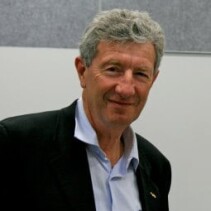
Professor Jeff Tallon
Emeritus Investigator
- Phone:
- +64 21 445 367
Address:
Robinson Research Institute
Victoria University of Wellington
PO Box 600
Wellington 6140
Biography
Professor Jeff Tallon is Professor of Physics at Robinson Research Institute, Victoria University of Wellington. He is internationally known for his research and discoveries in high-Tc superconductors (HTS), which are currently being developed for applications across all sectors – health, transport, energy, mining and minerals processing, and the research sector.
His research includes the physics and materials science of HTS – thermodynamics, magnetism, electronic transport properties, novel materials, and flux pinning. Jeff’s other research interests include nanotechnology, hybrid organic/inorganic materials, spin crossover materials and physics at high pressure.
He has received many awards for his work, including the Rutherford Medal, the Dan Walls Medal for Physics and, along with Dr Bob Buckley, the inaugural Prime Minister’s Science Medal. Professor Tallon is a Visiting Professor at the Cavendish laboratory, Cambridge University and EPFL, Lausanne.
Research interests
Focus on achieving a thermodynamic understanding of High Tc Superconductors by determining the pressure-, temperature-, doping- and ion-size-dependence of all the important energy and length scales pertinent to superconductivity using specific heat, Raman, NMR and muon spin relaxation.
Over a period of time you acquire a pretty good grasp of the breadth and range of issues and also the ability to bring disparate ideas and research together.
Professor Jeff Tallon
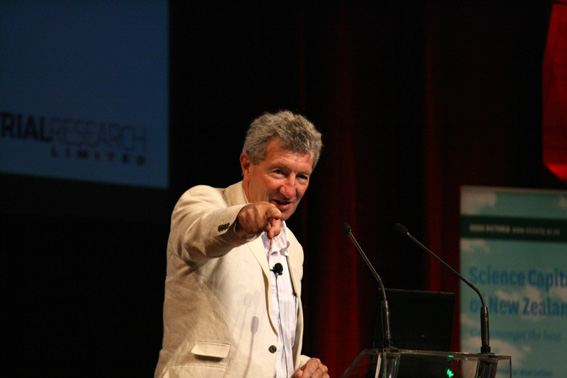
In the news

Annual Report
Our research programmes over the years
April 18, 2023
There has been an evolution to move the focus of applications more towards global challenges of climate change and sustainability.
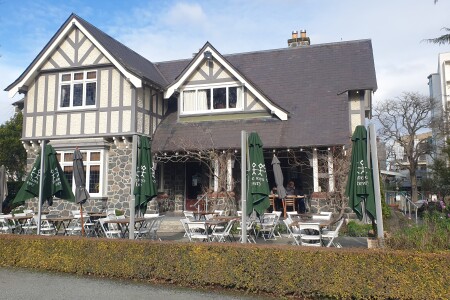
News Article
The MacDiarmid Institute turns 20
March 24, 2023
To celebrate our 20th anniversary, we took a look back at how we began and found it all began with a napkin.
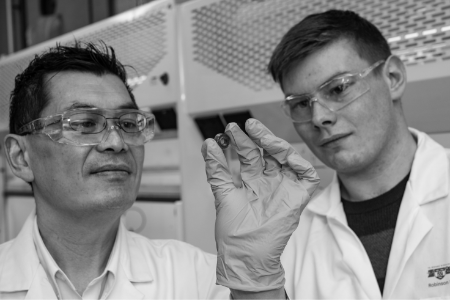
Annual Report
The Warm Up: Probing the Fundamentals of Room Temperature Superconductivity
March 30, 2021
It’s arguably the ‘holy grail’ of solid-state physics - superconductors that operate at or near room temperature.
Read more about The Warm Up: Probing the Fundamentals of Room Temperature Superconductivity

Annual Report
Funding successes - Annual Report 2019
May 26, 2020
Funding successes for our investigators and their research programmes during 2019. This funding enables our researchers and collaborators to continue their breakthrough research in advanced materials and nanotechnology.
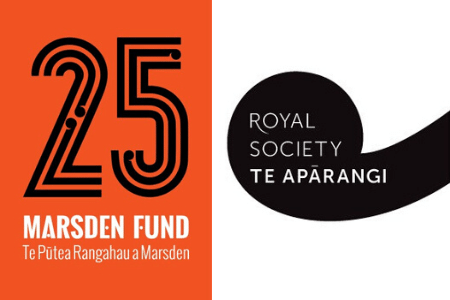
News Article
MacDiarmid Institute-led research recieves $4.1 million funding
November 5, 2019
MacDiarmid Institute-led advanced materials and nanotechnology research received $4.1 million funding through the 2019 Marsden Fund.
Read more about MacDiarmid Institute-led research recieves $4.1 million funding

Annual Report
2018 funding successes - Annual Report 2018
April 8, 2019
Funding successes for our investigators and their research programmes during 2018. This funding enables our researchers and collaborators to continue their breakthrough research in advanced materials and nanotechnology.
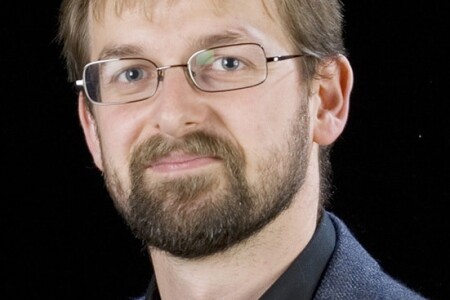
Interface Magazine
Stuart Wimbush: From materials to systems
July 13, 2015
Commercialising high temperature superconductors is what the 25 scientists and engineers at the Robinson Research Institute (RRI) do best. Formerly part of IRL, and called the Superconductivity and Energy Team, the RRI is now part of Victoria University of Wellington.
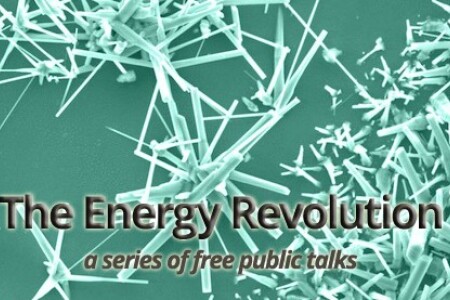
Interface Magazine
Public Lecture Series: The Energy Revolution
July 10, 2015
The age of fossil fuels is coming to an end and global warming from their burning is undeniable - but when will tomorrow begin? Will there be a long transition period, with a mish-mash of renewables while we learn to harness the sun’s energy efficiently, as plants have been doing for 3.5 billion years? Is there even enough sunlight striking the Earth to supply the increasing energy demands of 6-9 billion humans?
Read more about Public Lecture Series: The Energy Revolution


